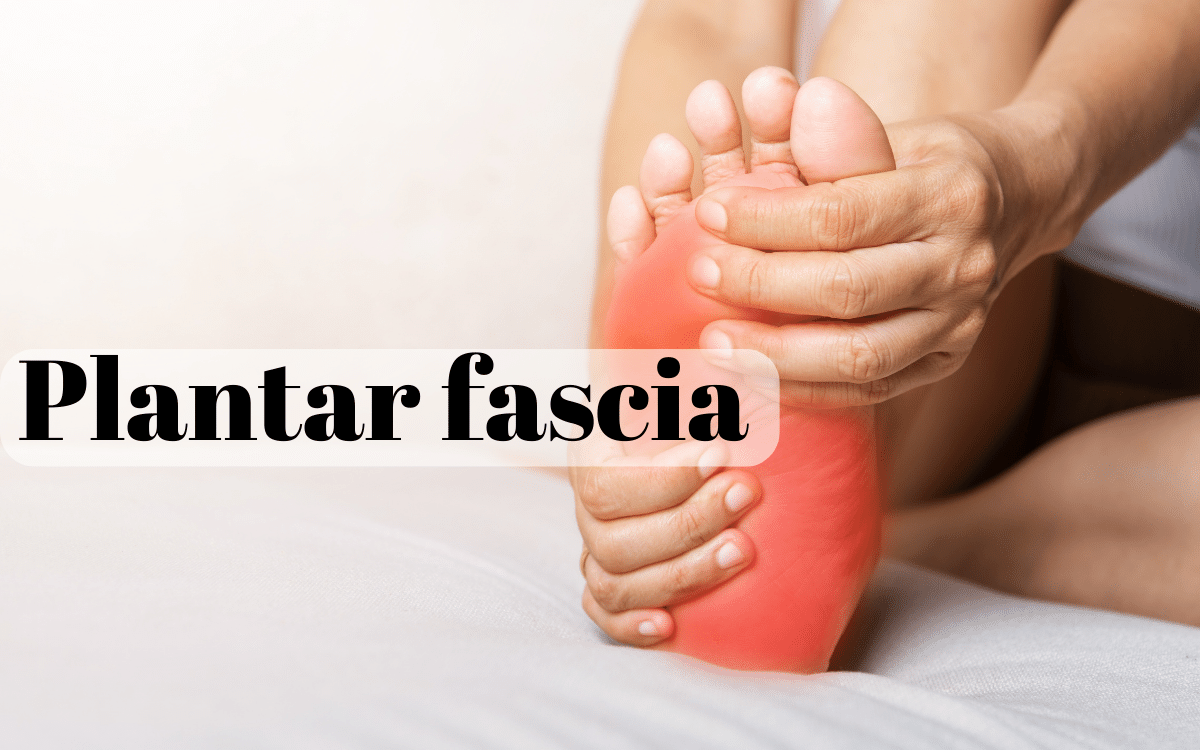Walking the Path to Relief: Ayurveda’s Take on Plantar Fasciitis

In the world of Ayurveda, ailments are seen through a unique lens, and plantar fasciitis is no exception. This blog post will delve into Ayurveda’s perspective on this condition, examining its root causes and how it aligns with the principles of this ancient healing system.
Understanding Vatakandaka: The Ayurvedic View
Ayurveda defines plantar fasciitis as “Vatakandaka.” This terminology encapsulates the heart of the issue. In Ayurvedic terminology, “vata” symbolizes the air element, governing all body and mind movements. “Kandaka” refers to a thorn or needle point, delivering sharp, stinging pain at the heel of the foot. This name perfectly describes the condition’s nature.
Causes of Plantar Fasciitis in Ayurveda
Ayurveda recognizes several causes of plantar fasciitis, all linked to imbalances in the body’s doshas (bio-energies) and dhatus (tissues). Common causes include:
- Flat Foot: Irregularities in the foot’s arch can stress the plantar fascia, leading to inflammation and discomfort.
- Calcaneal Spur: The presence of a calcaneal spur, a bony outgrowth on the heel bone, can contribute to plantar fasciitis.
- Overstraining: Activities like long walks, running, ballet, and aerobic dancing, especially on hard surfaces, can strain the plantar fascia and result in pain and swelling.
- Improper Footwear: Wearing shoes that do not provide adequate support can worsen the condition.
- High-Heeled Footwear: High heels can alter the foot’s biomechanics and lead to strain on the plantar fascia.
- Excess Weight: Carrying excess body weight can increase the load on the feet and exacerbate plantar fasciitis.
- Weak Calf Muscles: Underdeveloped calf muscles can also contribute to the condition.
Ayurvedic Approach to Healing
Ayurveda offers an integrated approach to healing plantar fasciitis. This includes therapies aimed at balancing the vitiated doshas, such as vata, as well as addressing the root causes of the ailment. Ayurvedic treatments may involve herbal remedies, dietary adjustments, massages, and lifestyle changes to alleviate pain and restore balance to the body.
The Resilience of Plantar Fasciitis and Ayurvedic Solutions
Pain in the heel, especially during early mornings and after rest, is the hallmark symptom of plantar fasciitis. This condition often proves resistant to modern medicines, anti-inflammatory and analgesic drugs, exercises, and physiotherapy.
In such cases, Ayurveda steps in with effective para-surgical techniques and medicines. Outpatient treatments like ‘Agni Karma’ and poultices with sand and grains applied over four weeks are typically recommended.
